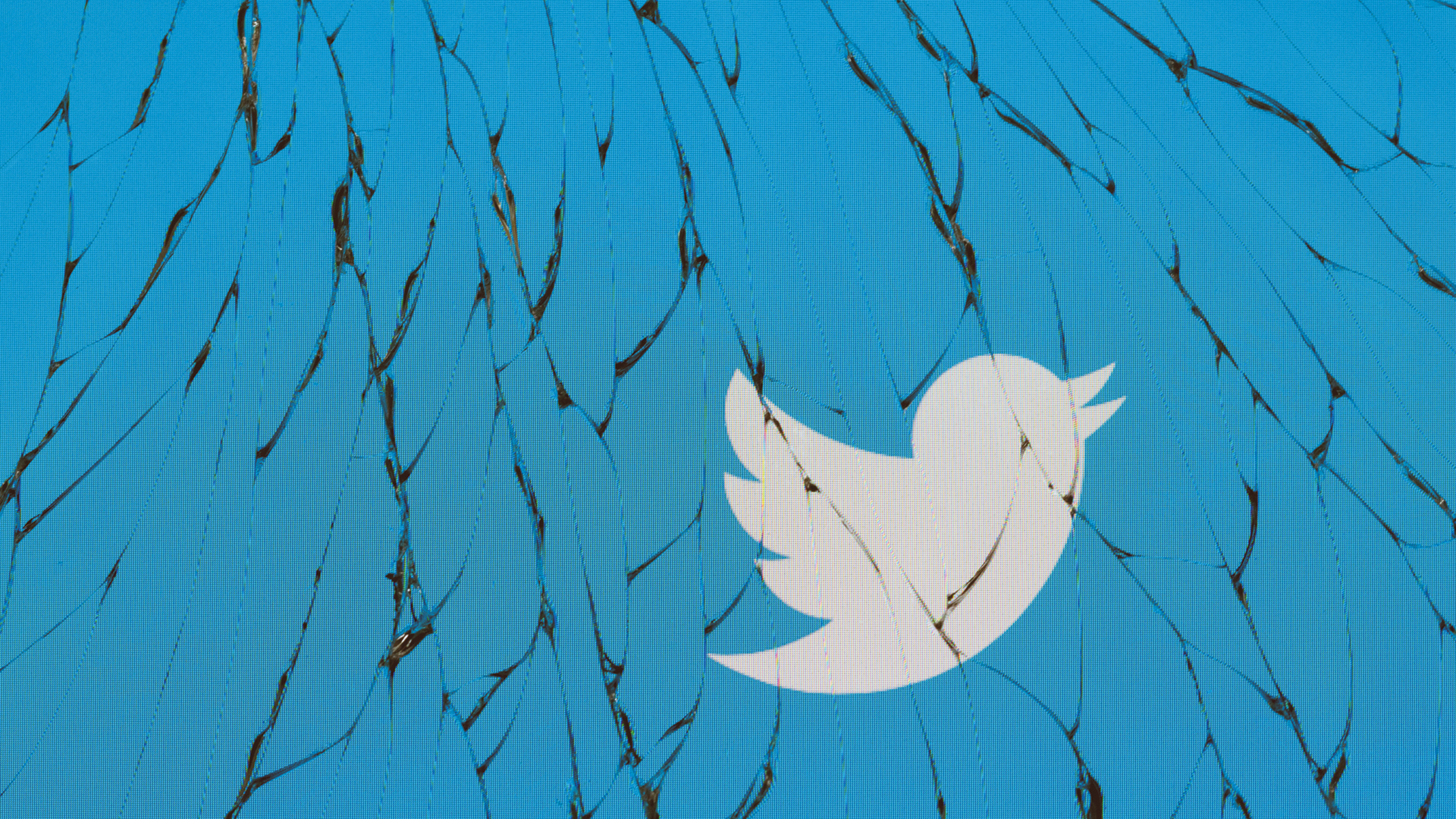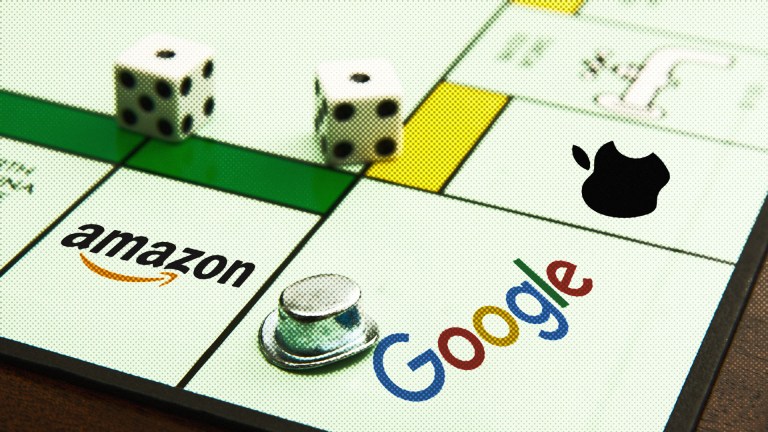Occasionally I forget who I am and what I was put on this Earth to do. One night last week, in a small studio, I joined four journalists whose job it is to comment on the big problems around Parliament, government and the bitterness thrown up by the government’s perils. I did my level best but I was not cut out to comment on who’s screwing who in the political arena, on who is being truthful, dishonest, or insincere.
Such commentators have been with us since the days of Grub Street in the early 18th century, when governments went after critics to stop knowledge of their follies leaking into society. But now we have a welter of ‘folly followers’ and the air is thick with their bandwidth of anger and disdain.
And this government, under the irregular leadership supplied by Boris Johnson, has not been short of follies to block up. The groundswell of anger over the parties and the concept of ‘one rule for you and one rule for us’ has now become a major cause of political and social friction. Alas, you have to be of a particular mindset to follow this trail of lies, counter lies, innuendo and abuse, and to actually make a living out of it. And I was never cut out to do so.
I always subscribed to the idea that if you appoint yourself as a defender of the poor then you need to sup with all devils, arriving with a long spoon. That government itself is sometimes the enemy, at other times a benefactor, of what needs to be done. And the recent creation of a £360 million fund for homeless prevention – our Big Issue for almost two years – proves that government is indeed a mixed bag.
Now, of course, we have something in the political world that we have never had before – the ‘people’s storm’: the internet, the tweet, the instant piling up of millions upon millions of opinions that in all the history of the world have never been seen or distributed so liberally. Anger and disdain has reached such a tidal height that it can wash away reputations and destroy the foundations of what formerly looked so solid and constant.
The first time I heard about tweets I was sitting with a bright American commentator who in late 2006 was telling me that Barack Obama was going to win the US election. Why? Because he had millions of followers who were talking to each other and the rest of the world in a short-form language made up of less than a couple of hundred characters. This groundswell of support would wash him forward to Capitol Hill and in it express the vibrancy of youth and the ambition for change, with a clarity never expressed by any prior form of communication.










